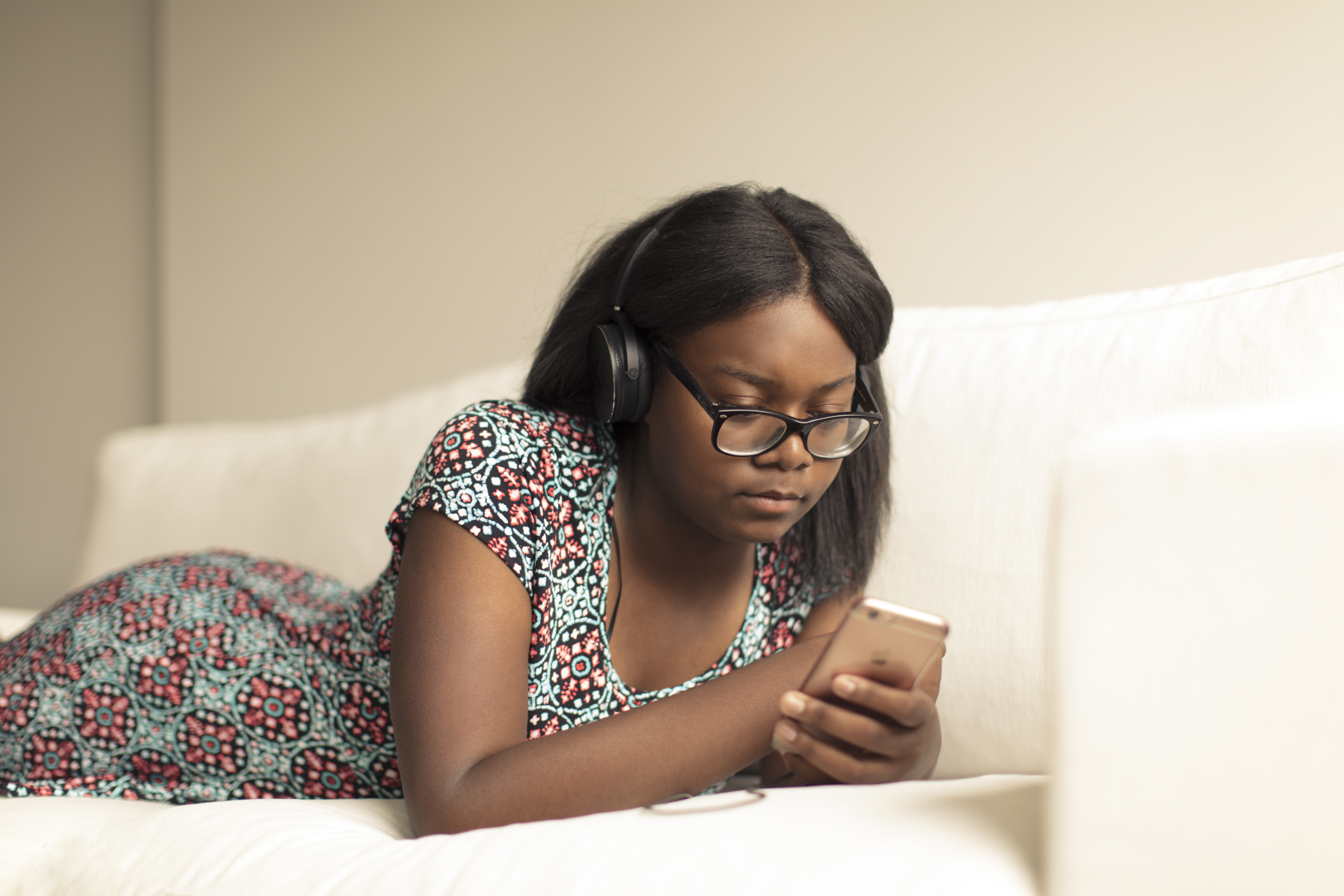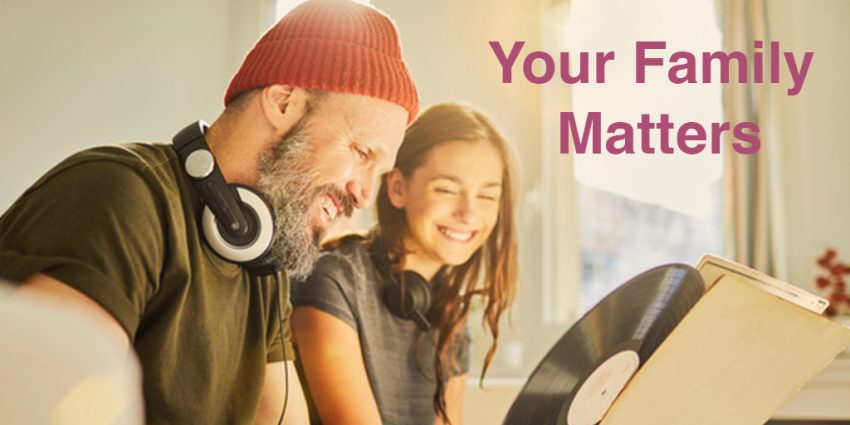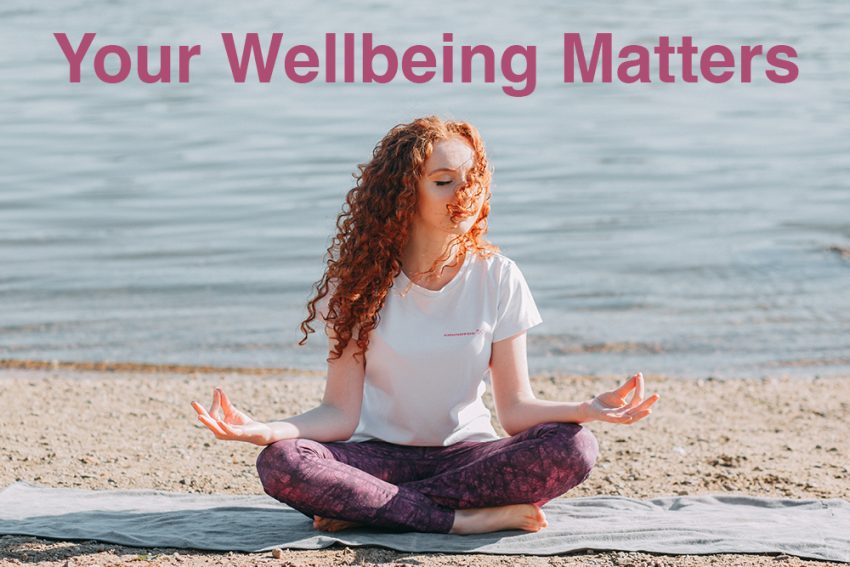Reframing Friendships for Growth
Friends have played an integral part in my life ever since I can remember and still do. Though I have lost touch with many friends over the years, and gained many more, I do remember who I called a friend during each period of my life and what this meant to me. As life changes, so does our centre of gravity, and what a friendship means.
But one thing tends to remain the same about friendships, regardless of the time in life—they are a crucial part of social development.
From a childhood friend, who happened to be a cousin, who lived nearby, to my closest friends as a teenager, to my bestie in university and my BFF today, we showed up for each other, during good and not so good times. And we grew together in most instances. Over the years, I’ve had several other friends who fit that category too. More about this later.
In the meantime, I remember the teenage years being most pivotal to social growth and development. Like most, I hung out with people who had similar interests, values, etc… and I learned a lot about valuing differences, too. According to experts, this comes as no surprise because as a teen we spend more time interacting with others outside of the family, discovering more about ourselves, establishing values and boundaries, and even learning how to face adversity and conflict. Friends, they say, are crucial to feeling a sense of belonging and familiarity.
This makes sense because our friends are roughly our age during this time and know more about what is going on in our world than those outside of our generation. Granted that doesn’t mean we can’t learn from our family and other generations; it just means that during adolescence friends tend to have more influence than others.
No wonder it is crucial to understand what a healthy friendship looks and feels like. Like other relationships, friendships twist and turn and can often provide the glue that we need to stay cohesive when life seems to come unstuck. Our podcast, How to Nurture Friendship During a Crisis with parenting coach Sue Atkins, offers great advice on how to keep a friendship healthy, particularly during a difficult time such as the lockdown era of the global pandemic.
Sue points out the importance of reframing situations when necessary to keep the friendships alive. For example, as people were no longer able to meet up in person, Sue suggested having planned and regular times online, enjoying activities together as you would have in person such as breaking out of an escape room.
Reframing works equally as well outside of a physical crisis. Though the pandemic has taken a different shape, it is still lurking around, as well as many other atrocities. So, if a friend is grieving, for instance, or having difficult times due to personal hardships, it is key to empathise and offer support. This could be as little as texting an emoji that represents your support or as much as sitting in a quiet space with the person. The key is to remember that your friends’ centre of gravity has changed, even if only for a while.
Sometimes long-term changes can come after joining a sports team, a club and so on. The key is to focus on things that interests you both and offer support and encouragement for each other’s growth. Sadly, sometimes friendships run their course for one reason or another. This presents growth opportunities as well, whether you end the friendship, your friend does, or it just ends.
Certainly, I have had situational friends over the years at university, work and so on and through no fault of either of us, the friendship came to a natural end. Also, I have ended friendships when growth and interests took a different direction and friends have ended our relationship, as well. This can be hard but offers opportunities for resolving conflict, internally and externally.
The key is all friendships offer growth opportunities and while some end prematurely, others stand the test of time.
Case and point: the relationship I developed with two women writers when I arrived in London some 25 years ago. Without the two of them, I might still be wandering around looking for a way into the writing community. Seriously, I remember vehemently disliking the idea of joining groups and short-term courses and was quite happy to sit in a room of my own and teach myself about novel writing and do without constructive feedback. Though such activities were worthwhile, barring the dislike of feedback, they did not get me over the social hurdle. Being on my own in a new country often felt isolating and paralysing.
But after becoming close with these two women and receiving their support and honest feedback, I found the courage to work on honing my craft out of a vacuum, which meant socialising, joining, receiving, and giving.
And here I am, wiser for it and though my novel writing career has seemingly ended, the friendships have not. They have simply been reframed, allowing us to encourage each other to move upwards and onwards in whatever direction our centre of gravity has shifted to.
On that note, I encourage you to have a think about your own friendships and what they mean to you. Remember to take care of you inside out, keeping friendships healthy. They’ll serve you and your friends well throughout the good and bad times in life.
For more tips on nurturing friendships, see the podcast mentioned above How to Nurture Friendship During a Crisis, as well as On Dating Inside Out with Cat Williams and Your Identity Inside Out with Rachita Saraogi and Rebecca Thomson, co-founders of Sisterhood.









